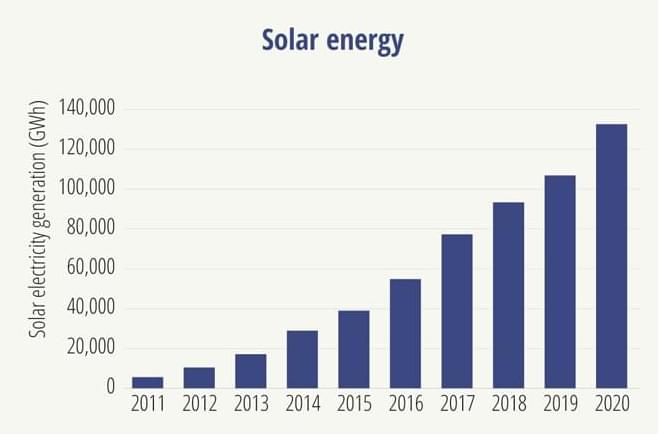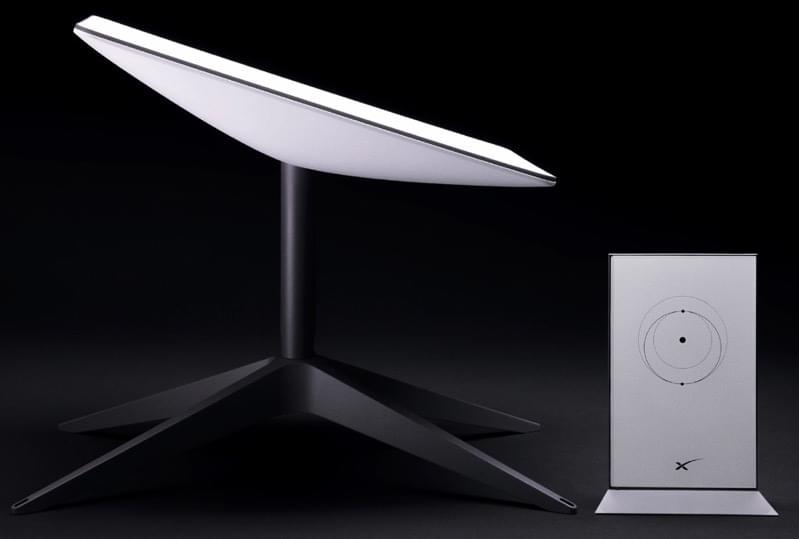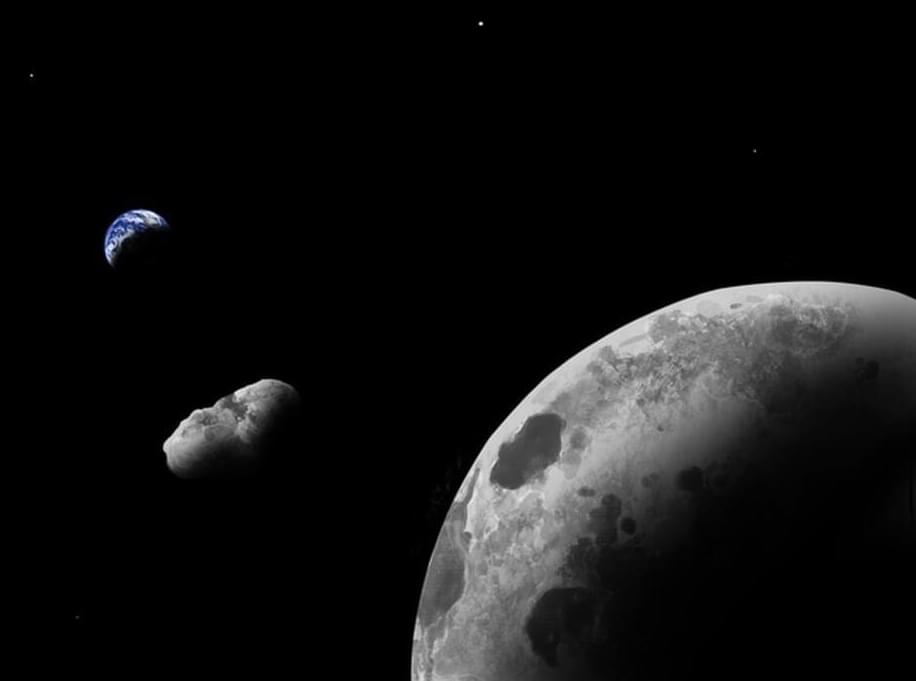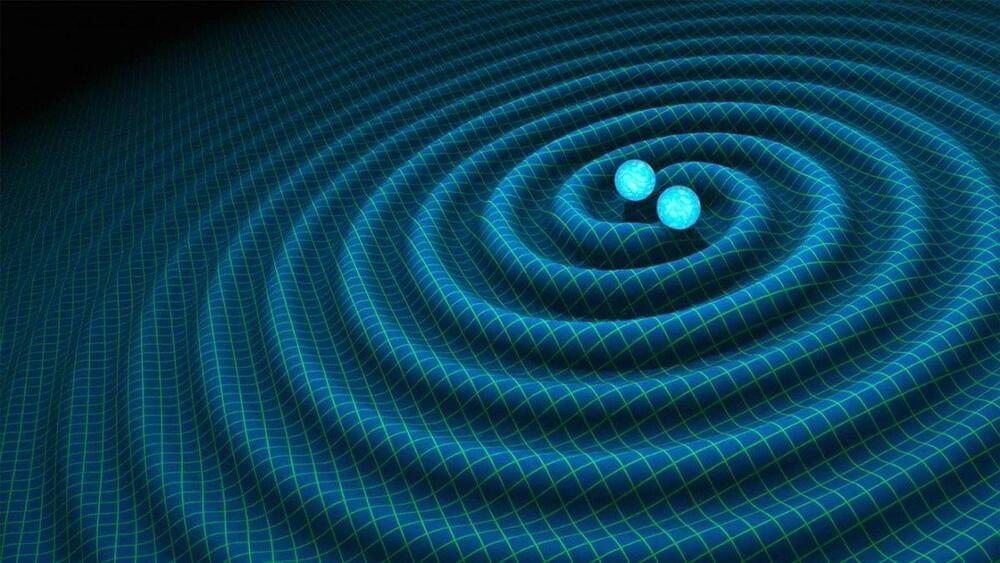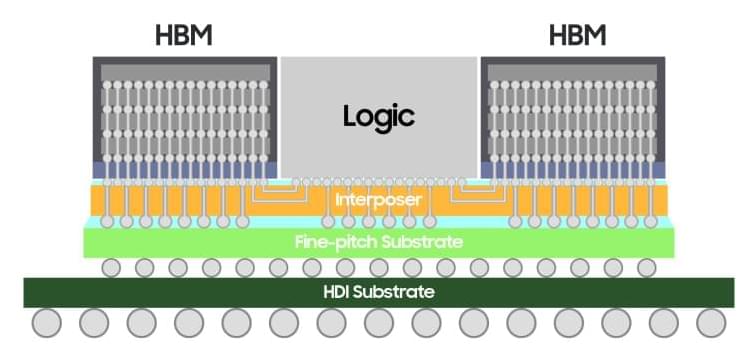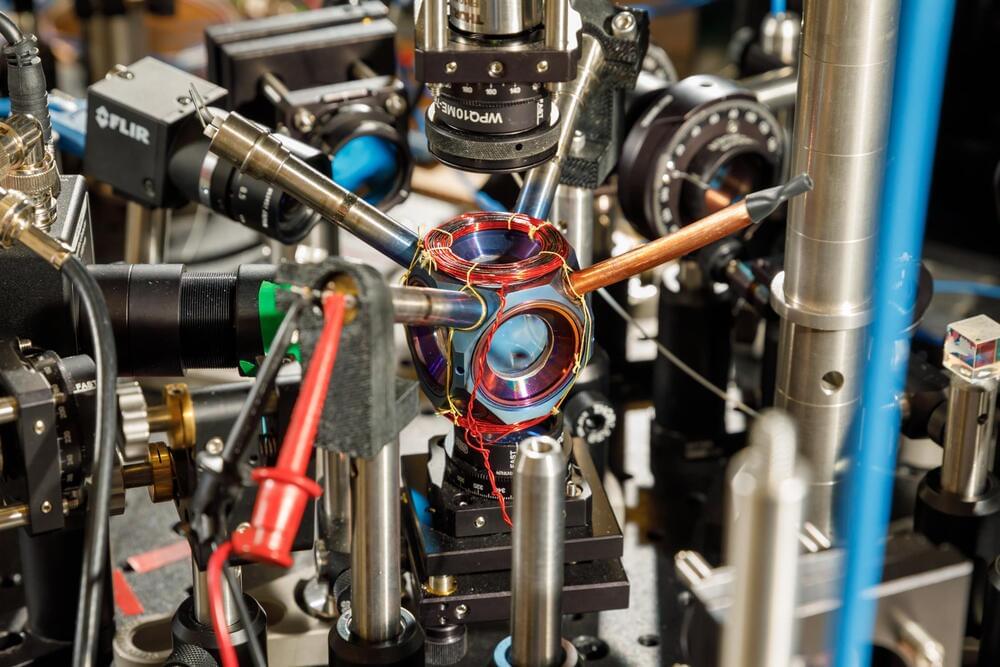
Sandia National Laboratories is developing an avocado-sized vacuum chamber made out of titanium and sapphire that could one day use quantum mechanical sensors to provide GPS-grade navigation without the need for satellites.
In only a few short decades, GPS has gone from a military technology to finding so many everyday applications that modern society is now dependent on it. However, GPS is not always available in places like high polar latitudes or in deep mountain valleys, and it can be jammed or spoofed.
The vulnerability of GPS and similar systems lies in their dependence on constellations of satellites that orbit the Earth. These satellites emit time-stamped signals that are synced to atomic clocks. Using these signals, a GPS receiver in something as small as a wristwatch can use the Doppler effect on the satellite signals as they pass overhead to make an extremely precise fix on the receiver’s position and velocity. If these signals are interrupted or corrupted, the system fails.
